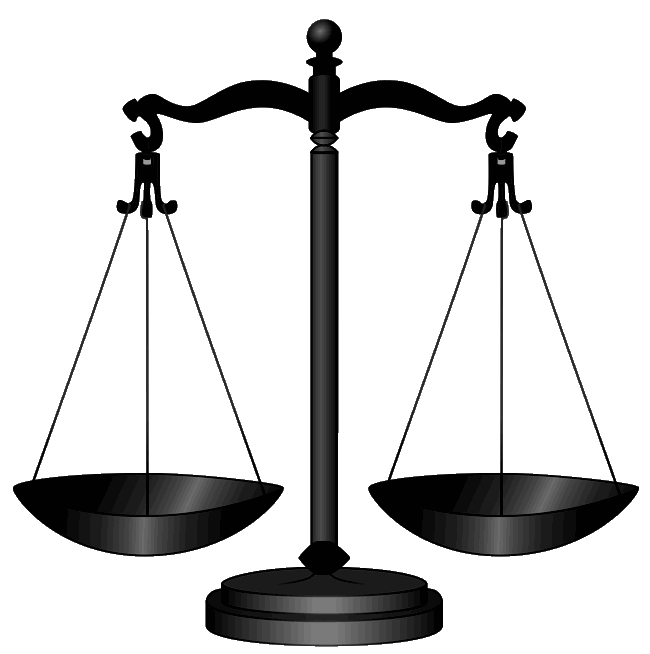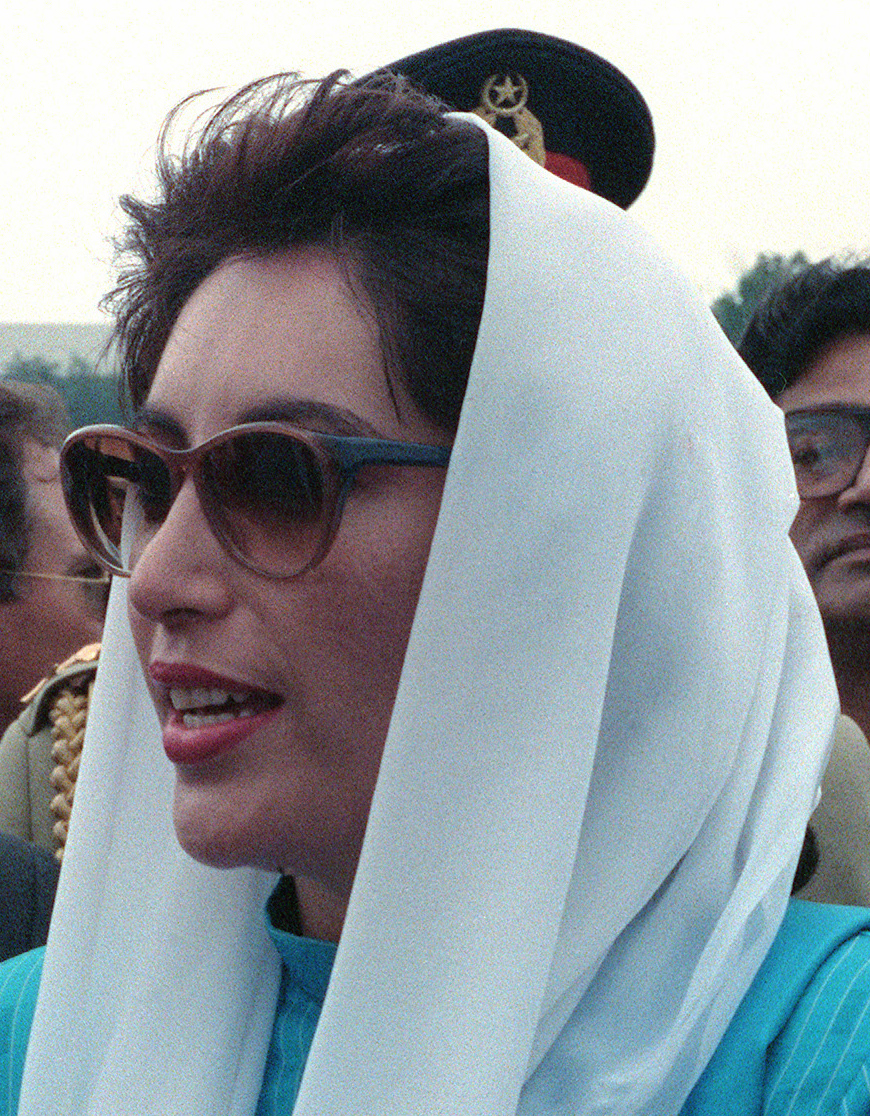|
Syed Waseem Akhtar
Syed Waseem Akhtar (9 September 1956 – 3 June 2019) was a Pakistani politician who had been a Member of the Provincial Assembly of the Punjab, between 1990 and May 2018. Early life and education He was born on 9 September 1956 in Lahore. He has a degree of Bachelor of Medicine and Bachelor of Surgery which he obtained in 1980 from Quaid-e-Azam Medical College. Political career He ran for the seat of the Provincial Assembly of the Punjab as a candidate of Islami Jamhoori Ittehad (IJI) from Constituency PP-222 (Bahawalpur-V) in 1988 Pakistani general election but was unsuccessful. He received 11,752 votes and lost the seat to a candidate of Pakistan Peoples Party (PPP). He was elected to the Provincial Assembly of the Punjab as a candidate of IJI from Constituency PP-271 (Bahawalpur-V) in 1990 Pakistani general election. He received 32,382 votes and defeated a candidate of Pakistan Democratic Alliance. He ran for the seat of the Provincial Assembly of the Punjab as a candida ... [...More Info...] [...Related Items...] OR: [Wikipedia] [Google] [Baidu] |
Provincial Assembly Of The Punjab
The Provincial Assembly of the Punjab is a unicameral legislature of elected representatives of the Pakistani provinces, Pakistani province of Punjab (Pakistan), Punjab, which is located in Lahore, the provincial capital. It was established under Article 106 of the Constitution of Pakistan, having a total of 371 seats, with 297 general seats, 66 seats reserved for women and 8 reserved for non-Muslims. Site history The 2-story Assembly Chamber, residential hostels, and expansive lawns cover on the Shahrah-e-Quaid-Azam (the Mall). After it was completed in 1935, the Assembly Chamber housed the Assembly for the Punjab (British India), Punjab province. After the division of Punjab and the emergence of Pakistan, the building became the administrative center of Pakistani Punjab (Pakistan), Punjab. Assembly Chamber Designed by Bazel M. Salune, chief architect of the Architecture Circle of Punjab, the foundation stone of the Assembly Chamber was laid by Sir Jogindar Singh, Minister of A ... [...More Info...] [...Related Items...] OR: [Wikipedia] [Google] [Baidu] |
Muttahida Majlis-e-Amal
The Muttahida Majlis–e–Amal (MMA; Urdu: , "United Council of Action") is a political alliance consisting of conservative, Islamist, religious, and far-right parties of Pakistan. Naeem Siddiqui (the founder of Tehreek e Islami) proposed such an alliance of all the religious parties back in the 1990s. Qazi Hussain Ahmad endeavored for it and due to his efforts, it was formed in 2002 in a direct opposition to the policies led by President Pervez Musharraf to support for the War in Afghanistan. The alliance more densely consolidated its position during the nationwide general elections held in 2002. The JUI(F) led by its leader, the cleric Fazl-ur-Rahman, retained the most of the political momentum in the alliance, still some portion of the leadership comes from the JI. The MMA retained the provisional government of Khyber–Pakhtunkhwa and remained in alliance with PMLQ in Balochistan. Much public criticism and disapproval nonetheless grew against the alliance. Despite i ... [...More Info...] [...Related Items...] OR: [Wikipedia] [Google] [Baidu] |
Jamaat-e-Islami Pakistan Politicians
Jamaat-e-Islami ( ur, ) () is an Islamic movement founded in 1941 in British India by the Islamic theologian and socio-political philosopher, Syed Abul Ala Maududi.van der Veer P. and Munshi S. (eds.''Media, War, and Terrorism: Responses from the Middle East and Asia''.Psychology Press, 2004, p. 138. . Along with the Muslim Brotherhood, founded in 1928, Jamaat-e-Islami was one of the original and most influential Islamist organisations, and the first of its kind to develop an ideology based on the modern revolutionary conception of Islam. This movement still has a significant legacy. The group split into separate independent organisations in India, Pakistan and Bangladesh following the Partition of India in 1947. Other groups related to or inspired by Jamaat-e-Islami developed in Kashmir, Britain, and Afghanistan (see below). The Jamaat-e-Islami parties maintain ties internationally with other Muslim groups. Haqqani, ''Pakistan: Between Mosque and Military'', 2010: p.171 Is ... [...More Info...] [...Related Items...] OR: [Wikipedia] [Google] [Baidu] |
2019 Deaths
This is a list of deaths of notable people, organised by year. New deaths articles are added to their respective month (e.g., Deaths in ) and then linked here. 2022 2021 2020 2019 2018 2017 2016 2015 2014 2013 2012 2011 2010 2009 2008 2007 2006 2005 2004 2003 2002 2001 2000 1999 1998 1997 1996 1995 1994 1993 1992 1991 1990 1989 1988 1987 See also * Lists of deaths by day The following pages, corresponding to the Gregorian calendar, list the historical events, births, deaths, and holidays and observances of the specified day of the year: Footnotes See also * Leap year * List of calendars * List of non-standard ... * Deaths by year {{DEFAULTSORT:deaths by year ... [...More Info...] [...Related Items...] OR: [Wikipedia] [Google] [Baidu] |
1956 Births
Events January * January 1 – The Anglo-Egyptian Sudan, Anglo-Egyptian Condominium ends in Sudan. * January 8 – Operation Auca: Five U.S. evangelical Christian Missionary, missionaries, Nate Saint, Roger Youderian, Ed McCully, Jim Elliot and Pete Fleming, are killed for trespassing by the Huaorani people of Ecuador, shortly after making contact with them. * January 16 – Egyptian leader Gamal Abdel Nasser vows to reconquer Palestine (region), Palestine. * January 25–January 26, 26 – Finnish troops reoccupy Porkkala, after Soviet Union, Soviet troops vacate its military base. Civilians can return February 4. * January 26 – The 1956 Winter Olympics open in Cortina d'Ampezzo, Italy. February * February 11 – British Espionage, spies Guy Burgess and Donald Maclean (spy), Donald Maclean resurface in the Soviet Union, after being missing for 5 years. * February 14–February 25, 25 – The 20th Congress of the Communist Party of the Soviet Union is held in Mosc ... [...More Info...] [...Related Items...] OR: [Wikipedia] [Google] [Baidu] |
Punjab MPAs 2013–2018
Punjab (; Punjabi Language, Punjabi: پنجاب ; ਪੰਜਾਬ ; ; also Romanization, romanised as ''Panjāb'' or ''Panj-Āb'') is a geopolitical, cultural, and historical region in South Asia, specifically in the northern part of the Indian subcontinent, comprising areas of eastern Geography of Pakistan, Pakistan and northwestern Geography of India, India. Punjab's capital and largest city and historical and cultural centre is Lahore. The other major cities include Faisalabad, Rawalpindi, Gujranwala, Multan, Ludhiana, Amritsar, Sialkot, Chandigarh, Jalandhar, and Bahawalpur. Punjab grew out of the settlements along the five rivers, which served as an important route to the Near East as early as the ancient Indus Valley civilisation, Indus Valley civilization, dating back to 3000 BCE, and had numerous Indo-Aryan migration, migrations by the Indo-Aryan peoples. Agriculture has been the major economic feature of the Punjab and has therefore formed the foundation of Punjabi ... [...More Info...] [...Related Items...] OR: [Wikipedia] [Google] [Baidu] |
2013 Pakistani General Election
General elections were held in Pakistan on Saturday 11 May 2013 to elect the members of the 14th National Assembly and the four Provincial Assemblies. The three major parties were the Pakistan Muslim League (N) (PML-N) led by Nawaz Sharif, the Pakistan People's Party (PPP) led by President Asif Ali Zardari and the Pakistan Tehreek-e-Insaf (PTI) led by Imran Khan. Prior to the elections, the ruling PPP formed an alliance with the Pakistan Muslim League (Q) and Awami National Party, while the main opposition party, the PML-N allied with the Pakistan Muslim League (F) and Baloch parties. The PTI led by cricketer-turned-politician Imran Khan, also emerged as a key-player. The result was a hung parliament, with the PML-N receiving the most votes and winning the most seats, but falling six seats short of a majority. However, following the elections, 19 independent MPs joined the PML-N, allowing it to form a government alone with Nawaz Sharif as new Prime Minister. In the provinci ... [...More Info...] [...Related Items...] OR: [Wikipedia] [Google] [Baidu] |
Pakistan Muslim League (N)
The Pakistan Muslim League (Nawaz) ( ur, , translit=Pākistān Muslim Līg (Nūn) PML(N) or PML-N) is a Centre-right politics, centre-right and Liberal conservatism, liberal conservative political party in Pakistan. Alongside the Pakistan Tehreek-e-Insaf (PTI) and Pakistan Peoples Party (PPP), it is one of the three major political parties of the country. The party was founded by former Prime Minister of Pakistan, Prime Minister Nawaz Sharif after the dissolution of Islami Jamhoori Ittehad, Islamic Democratic Alliance in 1993. The Party platform, party's platform is generally Conservatism in Pakistan, conservative, which involves supporting free market capitalism, free markets, deregulation, Tax cut, lower taxes and privatisation, private ownership. Although the party historically supported social conservatism, in recent years, the party’s political ideology and platform has become more Liberal conservatism, liberal on social and cultural issues. One of Muslim League schisms ... [...More Info...] [...Related Items...] OR: [Wikipedia] [Google] [Baidu] |
Jamaat-e-Islami Pakistan
Jamaat-e-Islami (JI; Urdu: , "Islamic Congress"), or Jamaat as it is simply known, is an Islamist political party which is based in Pakistan and it is the Pakistani successor to Jamaat-e-Islami, which was founded in colonial India in 1941. Its objective is the transformation of Pakistan into an Islamic state, governed by Sharia law, through a gradual legal, and political process. JI strongly opposes capitalism, communism, liberalism, and secularism as well as economic practices such as offering bank interest. JI is a vanguard party: its members form an ''elite'' with "affiliates" and then "sympathizers" beneath them. The party leader is called an '' ameer''. Although it does not have a large popular following, the party is quite influential and considered one of the major Islamic movements in Pakistan, along with Deobandi and Barelvi (represented by Jamiat Ulema-e Islam and Jamiat Ulema-e-Pakistan respectively). Jamaat-e-Islami was founded in Lahore, British India in 1941 ... [...More Info...] [...Related Items...] OR: [Wikipedia] [Google] [Baidu] |
1993 Pakistani General Election
General elections were held in Pakistan on 6 October 1993 to elect the members of National Assembly. The elections took place after both the Prime Minister Nawaz Sharif and President Ghulam Ishaq Khan resigned to resolve a power struggle. Prior to the elections, the ruling Islami Jamhoori Ittehad alliance was dissolved due to clashes between its member parties. The alliance's place in the two-party system (alongside the Pakistan Peoples Party) was taken up by Sharif's Pakistan Muslim League (N). The elections were held under the caretaker government of Moeenuddin Ahmad Qureshi. Although the PML (N) received the most votes, the PPP won the most seats. After winning the support of minor parties and independents, Benazir Bhutto became Prime Minister for a second non-consecutive term. Voter turnout was 40%. Background The Pakistan Muslim League (N) (PML-N) won the 1990 election and the party's leader, Nawaz Sharif, became Prime Minister. In early 1993 he attempted to strip th ... [...More Info...] [...Related Items...] OR: [Wikipedia] [Google] [Baidu] |
1990 Pakistani General Election
General elections were held in Pakistan on 24 October 1990 to elect the members of the National Assembly. The elections were primarily a contest between the People's Democratic Alliance (PDA, a four party alliance led by the ruling Pakistan Peoples Party (PPP) of Benazir Bhutto) and the conservative nine-party alliance, Islami Jamhoori Ittehad (IJI) headed by Nawaz Sharif. President Ghulam Ishaq Khan dissolved the National Assembly and dismissed Bhutto's government in August 1990 on charges of corruption and maladministration. However, the PPP was still extremely popular and there was a fear amongst anti-PPP forces that it might be re-elected. Numerous steps were taken by Ishaq with help of the military establishment to sway the results in favour of the IJI, including the appointment of IJI chairman Ghulam Mustafa Jatoi as caretaker Prime Minister. Despite their efforts, the PPP remained ahead in opinion polls. [...More Info...] [...Related Items...] OR: [Wikipedia] [Google] [Baidu] |






